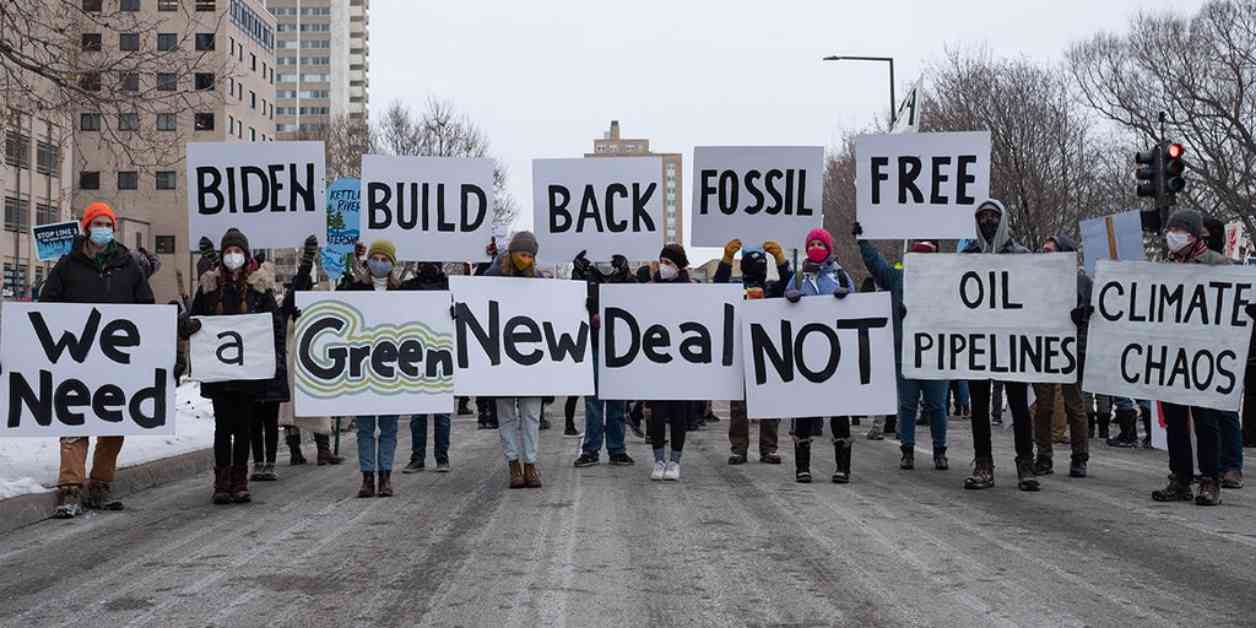The Supreme Court recently expressed interest in a significant climate change case brought forward by Hawaii against major oil companies. Democrats are raising concerns about the court’s alleged ties to the fossil fuel industry. The City of Honolulu has filed a lawsuit against companies like Sunoco, Exxon, and Chevron, accusing them of not warning consumers about the environmental risks associated with their products, leading to greenhouse gas emissions and global warming.
The city is seeking billions in damages to address the effects of climate change, such as extreme weather events, rising sea levels, heatwaves, flooding, and overall global warming. The Supreme Court has requested input from the Justice Department on whether to hear the case, indicating a potential interest in taking it up.
Energy companies initially appealed to the Hawaii Supreme Court, arguing that federal law prohibits individual states from shaping energy policies for the entire country. However, the state court ruled in favor of allowing the case to proceed to trial. Critics of the court, including some Democrats, have accused it of favoring fossil fuel companies and delaying regulations on emissions.
The Federalist Society, a conservative legal group, has advocated for the Supreme Court to hear the case, while liberal dark money groups have been supporting the litigation. Hawaii Supreme Court Chief Justice Mark Recktenwald emphasized the companies’ alleged concealment of climate change risks and disinformation campaigns in his opinion.
Sher Edling, LLP, the firm representing Hawaii in the case, has been involved in numerous climate-nuisance lawsuits across the country. Critics argue that these cases are funded by left-wing dark money and pose a threat to consumers. The potential Supreme Court decision to take up the case could have significant implications for climate change litigation nationwide.
Overall, the Supreme Court’s interest in the Hawaii climate change case has sparked debates about the court’s independence and its stance on environmental issues. The outcome of this case could set a precedent for future climate change-related lawsuits and policies in the United States.





















